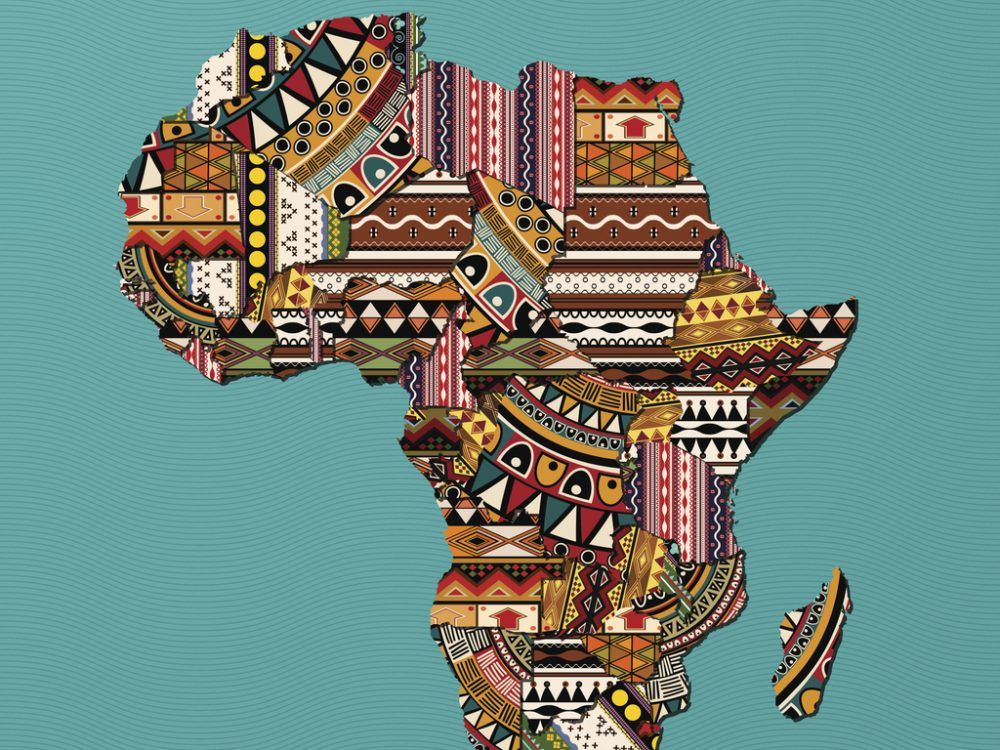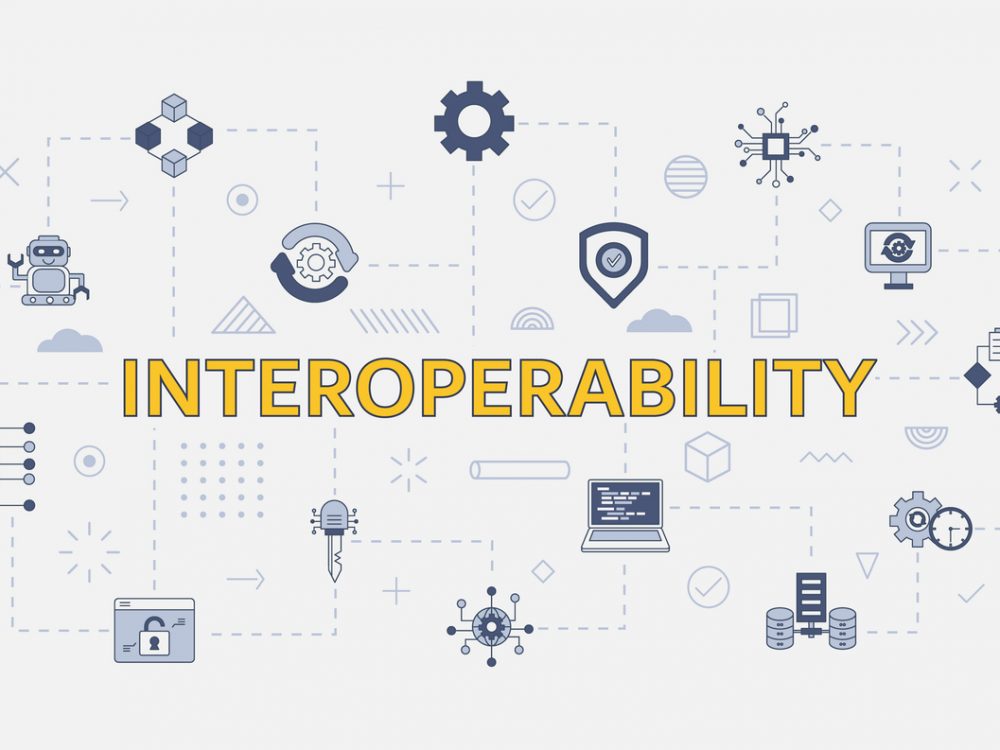
DG Developing Open Source AI Tool to Help with the Fight against Corruption
Development Gateway: An IREX Venture (DG) is pleased to announce that—with support from Accountability Lab (AL)—we’re developing an open-source AI tool that we hope to register as a Digital Public Good and can be used by those fighting corruption as they develop innovative digital tools. The need for the tool was identified in DG’s work with AL’s HackCorruption initiative.
Once the tool is developed, users will be able to extract data from various types of documents. Having an open source tool for this type of work is essential to anti-corruption efforts because a lack of machine-readable data that cannot be easily aggregated adds to the opacity that can hide corruption. This tool will increase accessibility of and transparency around hard-to-access information, which will advance accountability.
HackCorruption is a series of events and policy work led by AL and aimed at supporting innovative solutions to identify and combat corruption. HackCorruption is supported by the Bureau of International Narcotics and Law Enforcement in the U.S. Department of State and the USAID Countering Transnational Corruption Grand Challenge for Development, in partnership with the Center for International Private Enterprise and DG.
Why develop this tool?
The need for this tool was identified as part of DG’s work with HackCorruption regional hackathon teams. Several teams that participated in the South America hackathon in April 2023 discovered that they were limited in the work they could do by not having access to free tools to scrape information from documents, including government contracts. Having access to this sort of information allows anti-corruption tools to aggregate, monitor, and identify potential corruption.
Acting as a mentor to several of these teams, DGer Gabriel Inchauspe knew such AI tools exist, but none of them are open source and therefore, anti-corruption workers are limited in accessing them. Inchauspe and DGer Kelley Sams then collaborated with AL to obtain funding and define the scope of a project to create such a tool, which will support and ease the administrative burden faced by anti-corruption workers.
What will the tool do?
The AI tool—a beta version of which DG plans to launch by the end of 2024—will be based on publicly available source code and will be trained on ethically sourced data, with multiple rounds of testing done to ensure that the tool is statistically unlikely to produce non-existent or inaccurate information (i.e., hallucinate).
In the first phase of developing the tool, it will be able to capture information from documents in English that are in a standardized format (e.g., pdf, JSON, Excel, OpenContracting formatting, etc.). A planned second phase is to expand the tool to be able to extract information from documents or photo files that are handwritten and/or contain languages other than English, including those using non-Roman alphabets.
In addition to our long history of creating and implementing technical solutions to advance transparency, DG is uniquely positioned to develop this tool given our previous success in ensuring digital solutions are used and supported for years after development. After all, many tools in the anti-corruption space exist or are being created, but fewer are used and scaled. As we develop this tool, DG is committed to ensuring the tool’s design and usability are responsive to anti-corruption workers’ needs and ultimately, strengthen anti-corruption and accountability efforts.
Stay tuned for more as the tool is developed!
Share
Recent Posts

Data on Youth and Tobacco in Africa Program Enters Phase II
The Data on Youth and Tobacco in Africa (DaYTA) program is launching its second phase, expanding to five additional countries. This blog highlights DaYTA’s objectives, innovative approach, and the key activities driving impact in adolescent tobacco control measures.

Interoperability as a Cornerstone of Resilient Digital Systems
As digital systems continue to multiply, siloed platforms limit long-term impact. This blog reflects on why interoperability is essential to building resilient, sustainable digital systems that remain useful beyond individual programs.

Why Africa Will Define the Next Decade of Digital Public Infrastructure
As the global conversation shifts from frameworks to delivery, this blog reflects on why Africa will define the next decade of Digital Public Infrastructure (DPI), drawing on insights from the Global DPI Summit and years of on-the-ground experience.